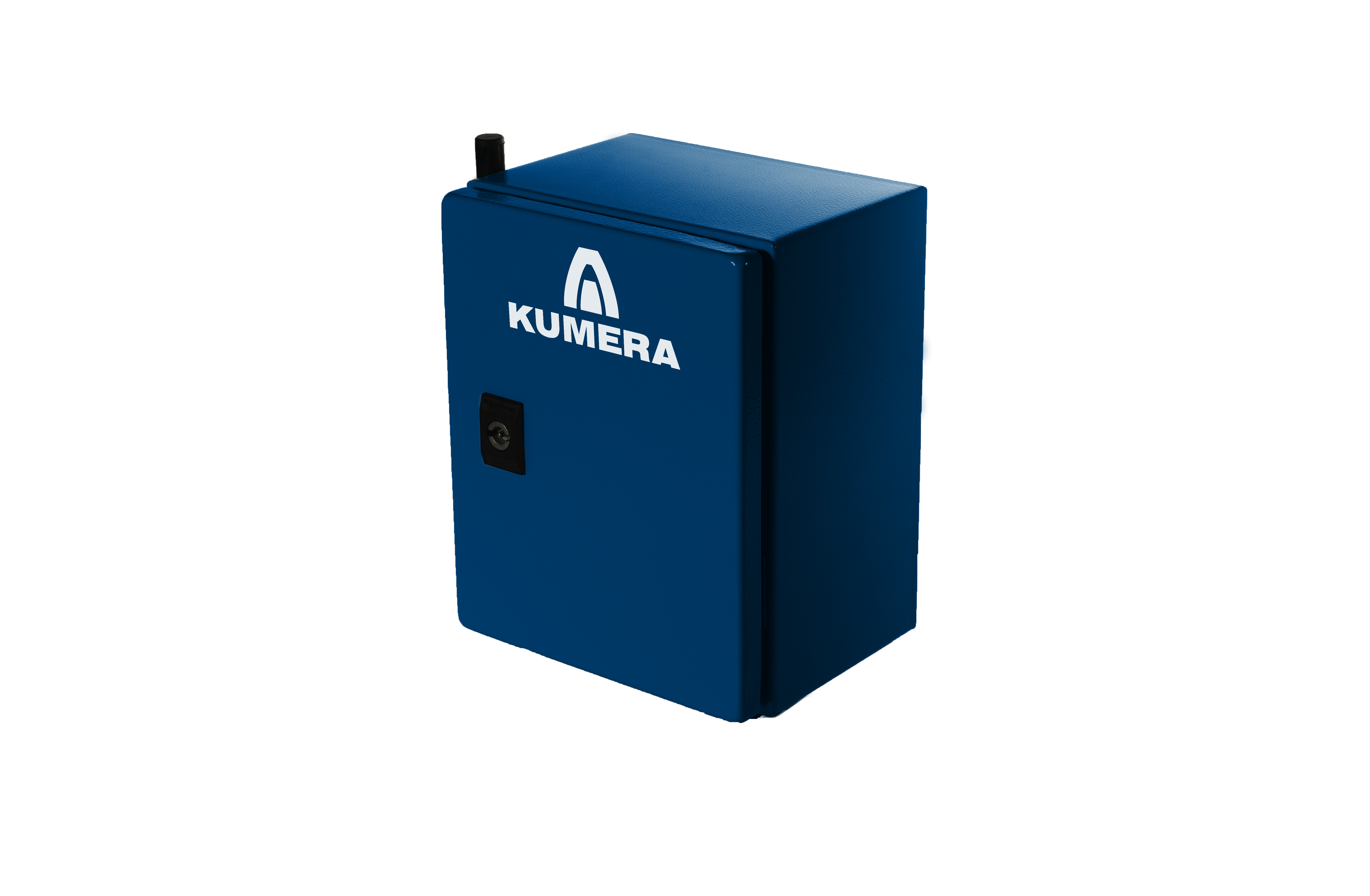Kumera corporation boosts its global IoT connectivity
When Kumera, the prominent manufacturer of industrial and marine gearboxes and drives, needed to set up easy-to-use and cost-effective mobile connections for its gearboxes worldwide Telia’s Global IoT Connectivity solution was the perfect fit. Today Kumera can manage local mobile subscriptions for devices across the world from one single portal.
According to Vesa Laine, Kumera's Technology Director, Kumera and its customers no longer need to worry about local mobile subscriptions, especially in countries where roaming is unavailable or complex regulations apply.
“Among other things, we were facing issues concerning permanent roaming subscriptions,” Laine says. “Another problem was manual acquisition and the pricing of local subscriptions. Furthermore, our customers should not have to go through the hassle of installing a local SIM card in each device."
"Now we can provide a preinstalled mobile connection that works globally, enabling us to better monitor the status of the device" - Vesa Laine
Finland-based Kumera Corporation manufactures gearboxes and drives worldwide, including process equipment for metallurgical and environmental industries, steel and iron castings. In fact, there are more than 200.000 operational Kumera gearboxes in approximately 40 countries.
If used and maintained properly, industrial gearboxes are reliable components that can last for decades. However, glitches do occur, which can result in significant personal, environmental or material damage.
“Unplanned maintenance can also lead to production loss,” Laine says. “Our goal is to provide our customers with products and services that increase our customers' efficiency and success. In many critical segments of the process industry, optimized gearboxes that allow for uninterrupted operation and cost-effective maintenance are vital.”
The Kumera Guard Gear 4.0 was developed for precisely this reason – to sustain operations, enable cost-efficient maintenance and minimize process downtime. Kumera's main challenge was to find an easy and cost-effective mobile connection that would enable Guard Gear 4.0 monitoring – regardless of the customer's location.
That is why Kumera got in touch with Telia for an IoT connectivity solution that could address these issues, and Telia presented its Global IoT Connectivity solution.Telia provides Kumera with SIM cards that are installed in the gearboxes before delivering the Guard Gear 4.0 monitoring service. This has eliminated the need for Kumera representatives and customers to purchase local subscriptions with local regulations.
“You are automatically compliant across the globe – no matter where the devices are used,” says Kimmo Ahvenlampi, IoT Sales Specialist at Telia Finland. “Our customers don't want to, and shouldn't need to, spend time learning about local legislation and practices. With one SIM card that can be used globally, customers are assured that we handle connectivity either by roaming or by local profiles.”
Simply put, roaming was never meant for IoT. The number of countries introducing new, local regulations and restrictions is steadily increasing. This in turn can make connectivity non-compliant at a very short notice. With Telia, Kumera can assure connectivity via a Telia eSIM powered by eUICC software and a global ecosystem of pre-integrated connectivity partners. This enables roaming where it still makes sense – but also allows for local connectivity agreements in highly regulated markets, negotiated by Telia.
"Telia makes sure that our gearboxes are connected, regardless of where they are sent. This is the case even in highly regulated markets” - Vesa Laine
Laine concludes, “We are now able to manage subscriptions regardless of the location of the device from a single portal and, if necessary, disable the subscription. Monitoring the equipment condition and anticipating subscription costs has become clearer and easier and benefits our customers.”
The challenges of global connectivity
- Permanent roaming presents major challenges: If the connectivity is non-compliant, your device will most likely be disconnected. This can lead to a wide range of additional costs and customer dissatisfaction.
- These challenges affect everyone who uses cellular connectivity to connect their IoT devices, in particular customers that deploy in multiple territories.
- Some of the main concerns occur in countries where there are explicit rules prohibiting permanent roaming, such as Brazil, China and Turkey. Some countries for example in the Middle East also implicitly hinder roaming through requirements for connectivity that need to be provided by a locally registered supplier. In other cases, such as Australia and the U.S., the rules are set by the operators themselves.
Source: Transforma Insights (2021) Permanent roaming is still a big potential headache for multi-country IoT deployments
Cookie notification
Cookies allow us to optimize your use of our website. We also use third-parties cookies for advertising and analytics. Please read our Cookie Policy for more information.

